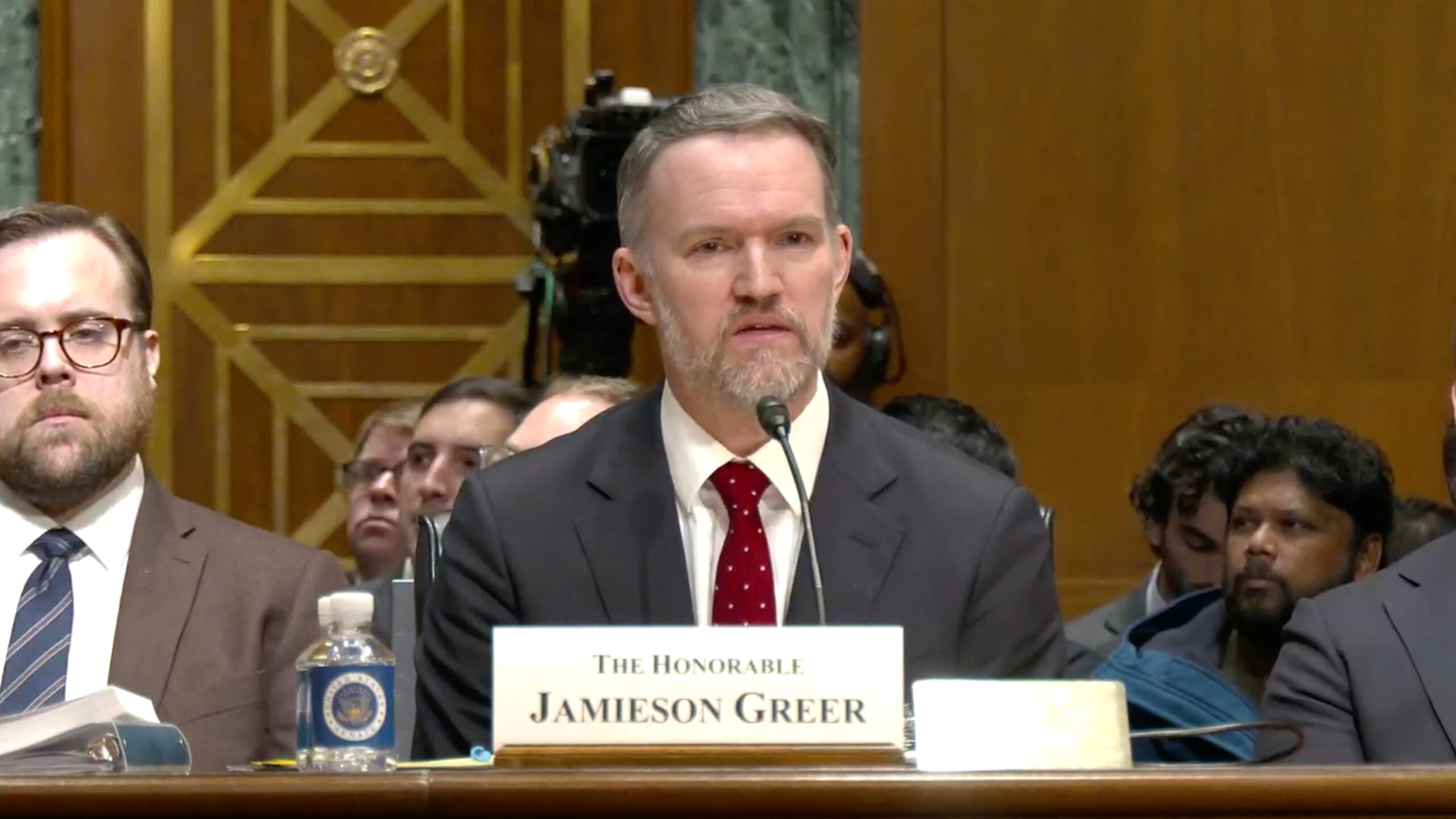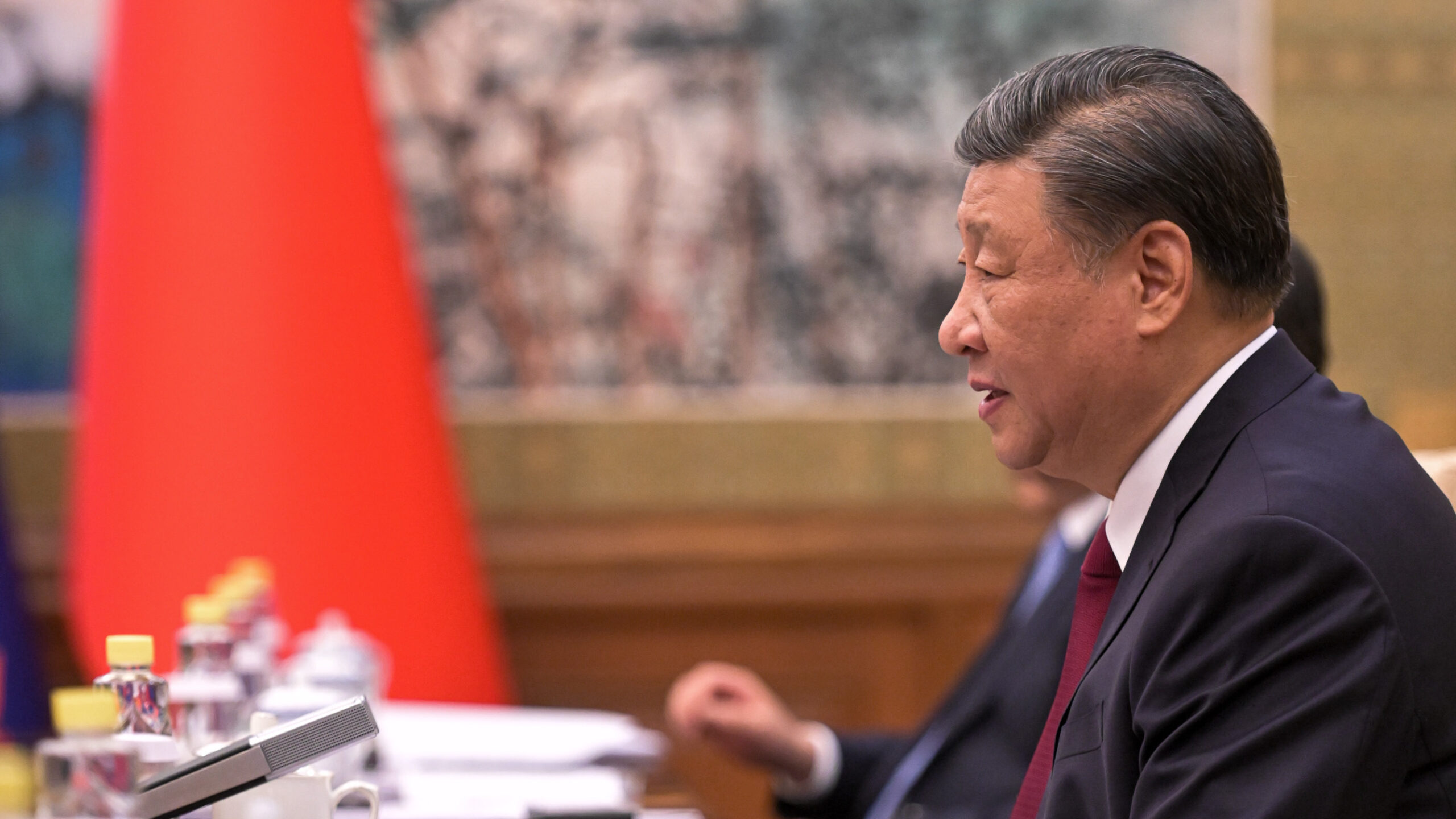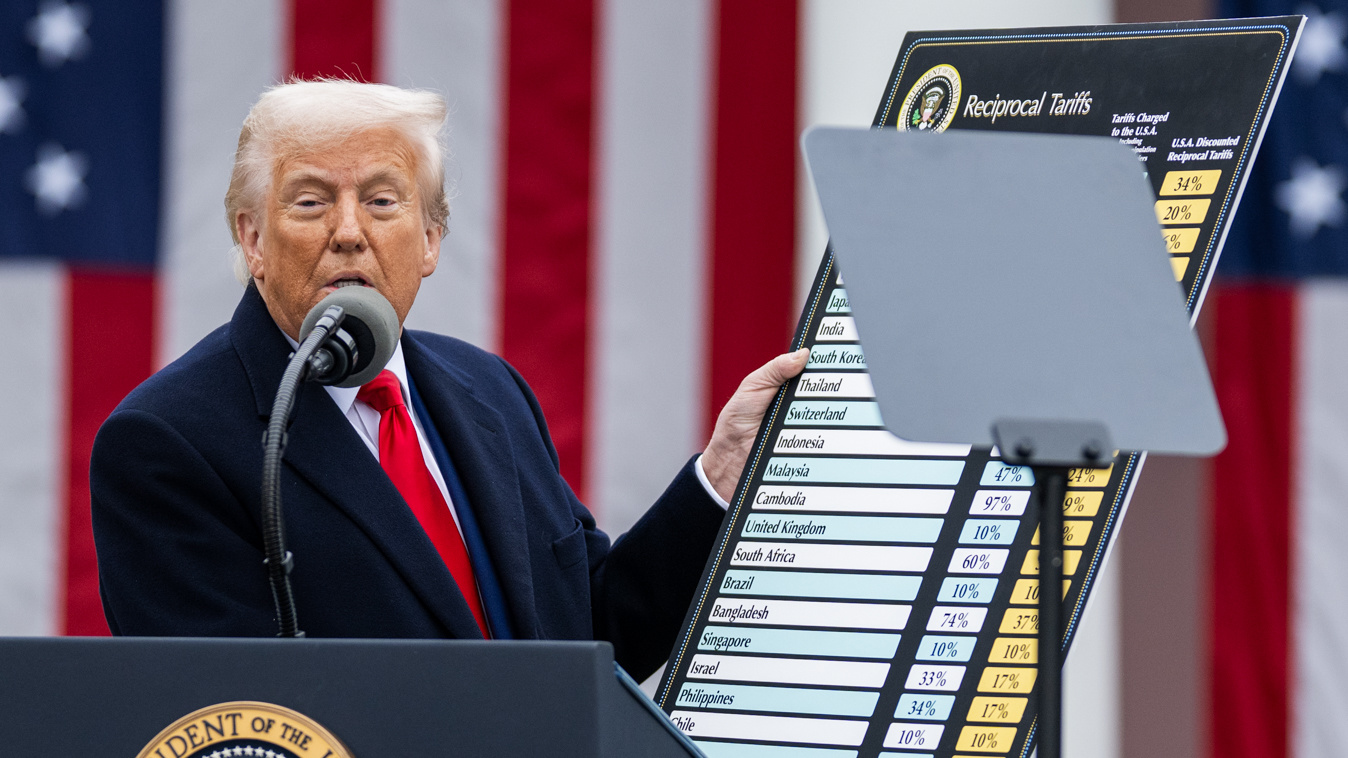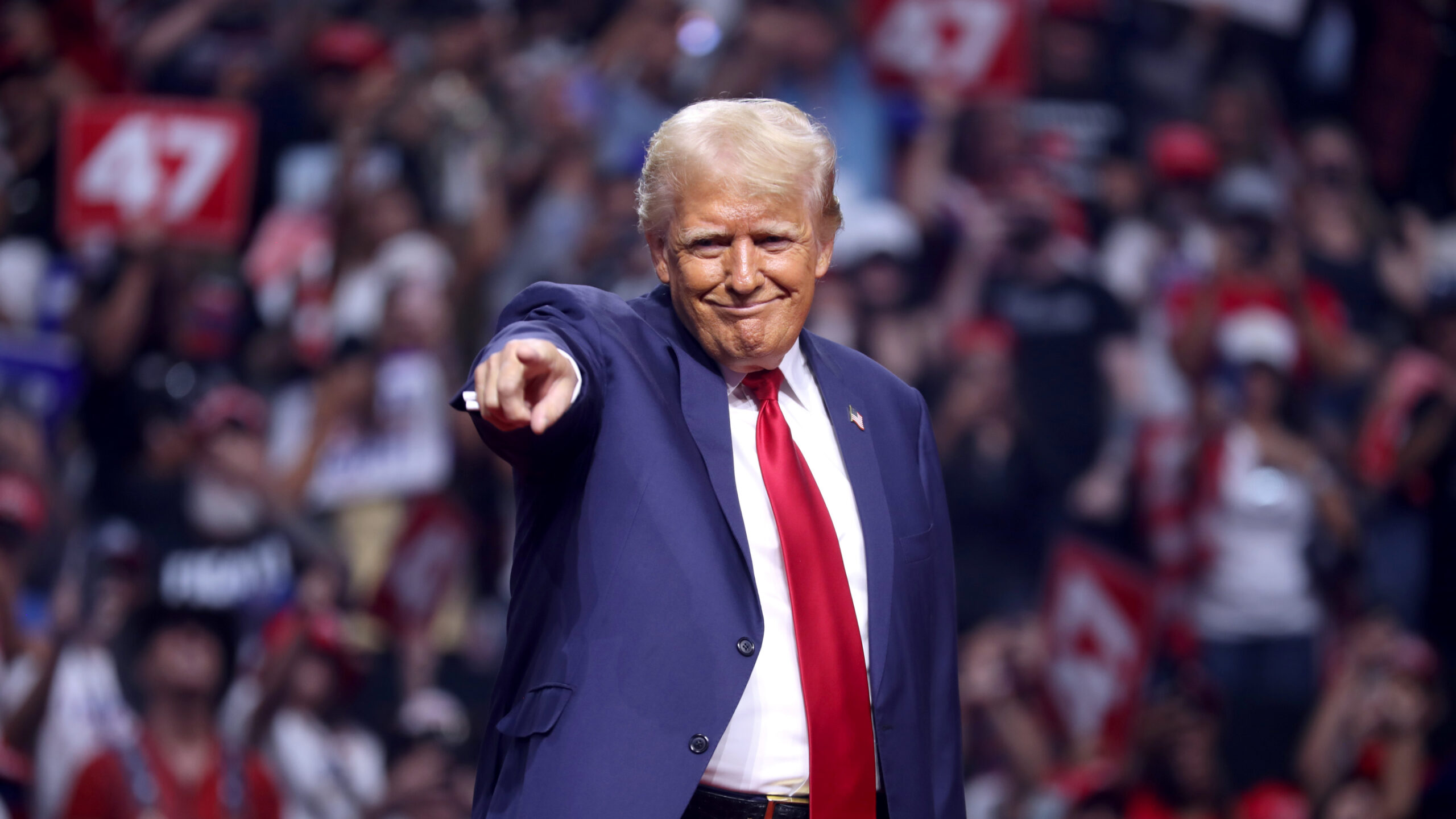CPA FACT SHEET: Forced Labor in China
An analysis of the Uyghur Forced Labor Prevention Act
The problem.
Since 2017, more than a million Uyghurs and other ethnic minorities in China have been forced into a vast network of “re-education camps” in the far west region of Xinjiang. The U.S. State Department has assessed this as “genocide.” It’s estimated that between 2017 and 2019 alone, more than 80,000 Uyghurs were subsequently transferred to forced labor in factories throughout China.
Congressional Response.
In December 2021, Congress passed the Uyghur Forced Labor Prevention Act (UFLPA, H.R. 6256). The bill was officially signed into law on December 23, 2021. The legislation changes U.S. policy on forced labor throughout China—and specifically China’s Xinjiang Uyghur Autonomous Region (XUAR, or Xinjiang)—with the goal of ensuring that U.S. entities are not importing goods made with forced labor or funding forced labor among minority groups in the region and elsewhere in China.
Current Status.
The Federal Forced Labor Enforcement Task Force (FLETF) is currently studying the UFLPA, including how to implement a ban on goods from Xinjiang (XUAR) as well as other forced labor products made in China. A public comment period just closed, and the FLETF will soon hold a public hearing on the law.
Assessment of the UFLPA.
The Coalition for a Prosperous America (CPA) has submitted comments to the FLETF to encourage thorough implementation of this legislation.
CPA notes that the UFLPA addresses both goods from Xinjiang and other Chinese products made with slave labor—including those goods made with labor transferred from XUAR to other areas in China. CPA considers the law to be a helpful start toward sanctioning companies that produce or import slave labor goods. As such, these aspects of the UFLPA must be robustly implemented and expanded.
However, CPA has concerns that U.S. Customs and Border Protection (CBP) is not sufficiently equipped to implement a ban on forced labor goods from China. In response, CPA is urging other measures to more effectively implement the legislation.
Specifically, CPA has the following specific concerns regarding the UFLPA.
1. China will not allow the policing of its supply chains.
The Chinese Communist Party (CCP) has made it abundantly clear that it will not tolerate investigations into forced labor in China. Therefore, the legal requirements of Section 307 of the Tariff Act of 1930—not to mention America’s moral duty to fight forced labor—will be nullified by attempting to narrowly target particular consignments of merchandise fromspecific entities.
Last year, the U.S. Department of State stated: “We are deeply concerned by reports that supply chain auditors have been detained, threatened, harassed, and subjected to constant surveillance while conducting their vital work in China.”
China has called allegations of Uyghur forced labor “the lie of the century.” Thus, contingencies are required to counter such obstruction of supply chain transparency.
2. If a class of merchandise originating in China is partially made with forced labor, then any federal “Withhold Release Order” must apply to the entire class of merchandise in question.
This is already authorized by law, and done for smaller countries.
When U.S. Customs and Border Protection (CBP) is presented with information that indicates specific merchandise was produced through forced labor, it can issue a Withhold Release Order against all shipments of that class of merchandise from the offending country of origin.
Given China’s ongoing forced labor abuses, any Withhold Release Order must be country-wide. This makes prohibiting the importation of goods made in part with forced labor relatively straightforward—since the Withhold Release Order would be tied to a class of merchandise and a country of origin.
Additionally, Withhold Release Orders that purport to target goods, wares, articles, or merchandise only produced by certain entities could be easily thwarted. That’s because bills of lading can be easily forged.
CPA believes that the best method of preventing evasion through third countries is to issue the Withhold Release Order against a class of merchandise and a country of origin. Then, shippers would have to entirely fabricate the country of origin. While not impossible, this is much more difficult than fabricating bills of lading. Every country in the world has country-of-origin marking requirements, and any evasion scheme would be subject to scrutiny by third-country customs authorities.
3. Transparency is needed to investigate any allegations that goods are being imported in part with forced labor.
This is the norm for complaints filed throughout the U.S. legal system, as well as for trade remedies filed with the United States International Trade Commission.
4. There is a need to ensure that the Department of Labor and the CBP work together.
The Department of Labor’s findings must be harmonized with Withhold Release Orders issued by U.S. Customs and Border Protection.
5. The lists produced by the UFLPA must be harnessed for more than just name-and-shame activities, and should be used beyond WRO implementation.
CPA strongly urges the interagency to consider broader use of the lists that will be established in the strategy pursuant to the UFLPA. These lists of goods, perpetrators of forced labor, and other offenders can be part of a robust enforcement process that goes beyond WROs to deter forced labor activities and profiting from such crimes. For full effectiveness, CPA believes that sanctions can be levied against certain corporate human rights abusers—including capital markets sanctions on companies that profit from or enable forced labor.
Implementers of this legislation must coordinate with the sanctioning bodies of the U.S. Government—including the Office of Foreign Assets Control (OFAC) and others—to evaluate and implement sanctions as an enforcement tool.
For more information, read CPA’s full letter to the Department of Homeland Security regarding implementation of the UFLPA bill.












